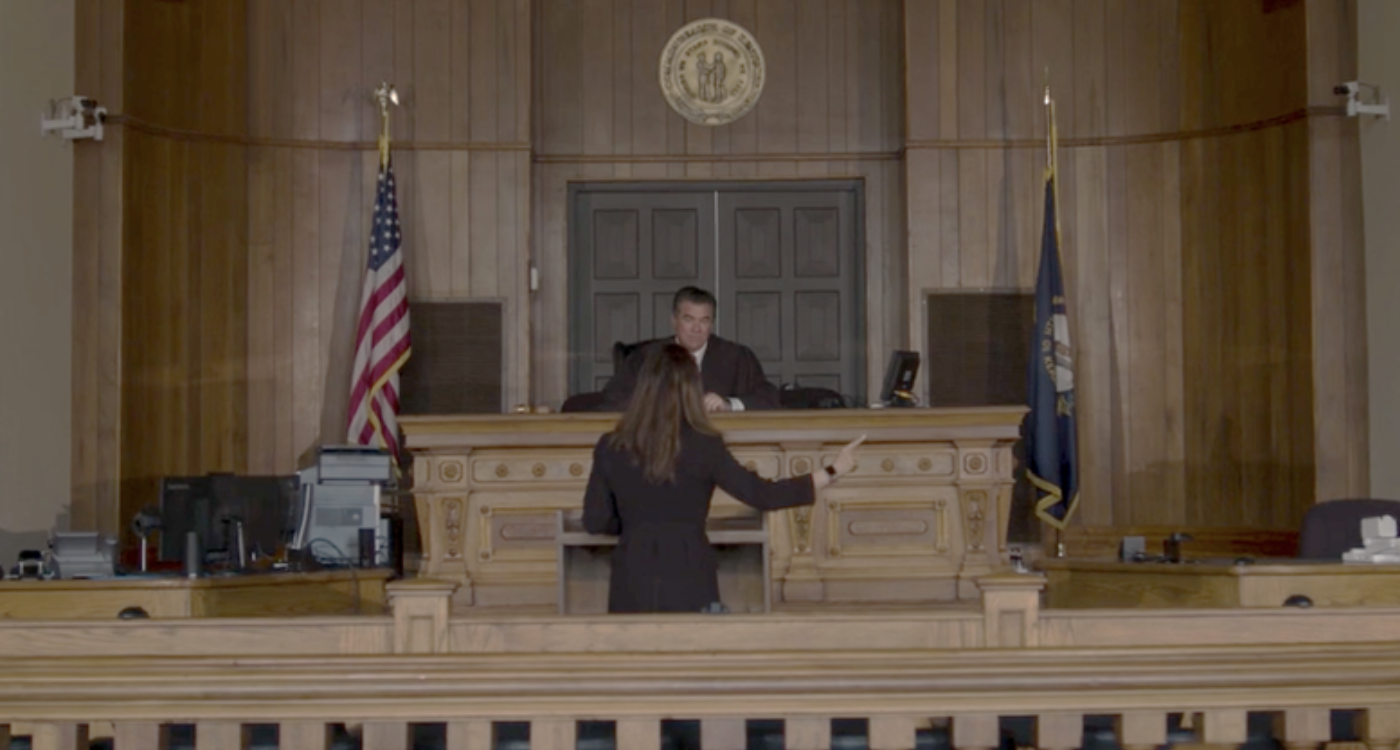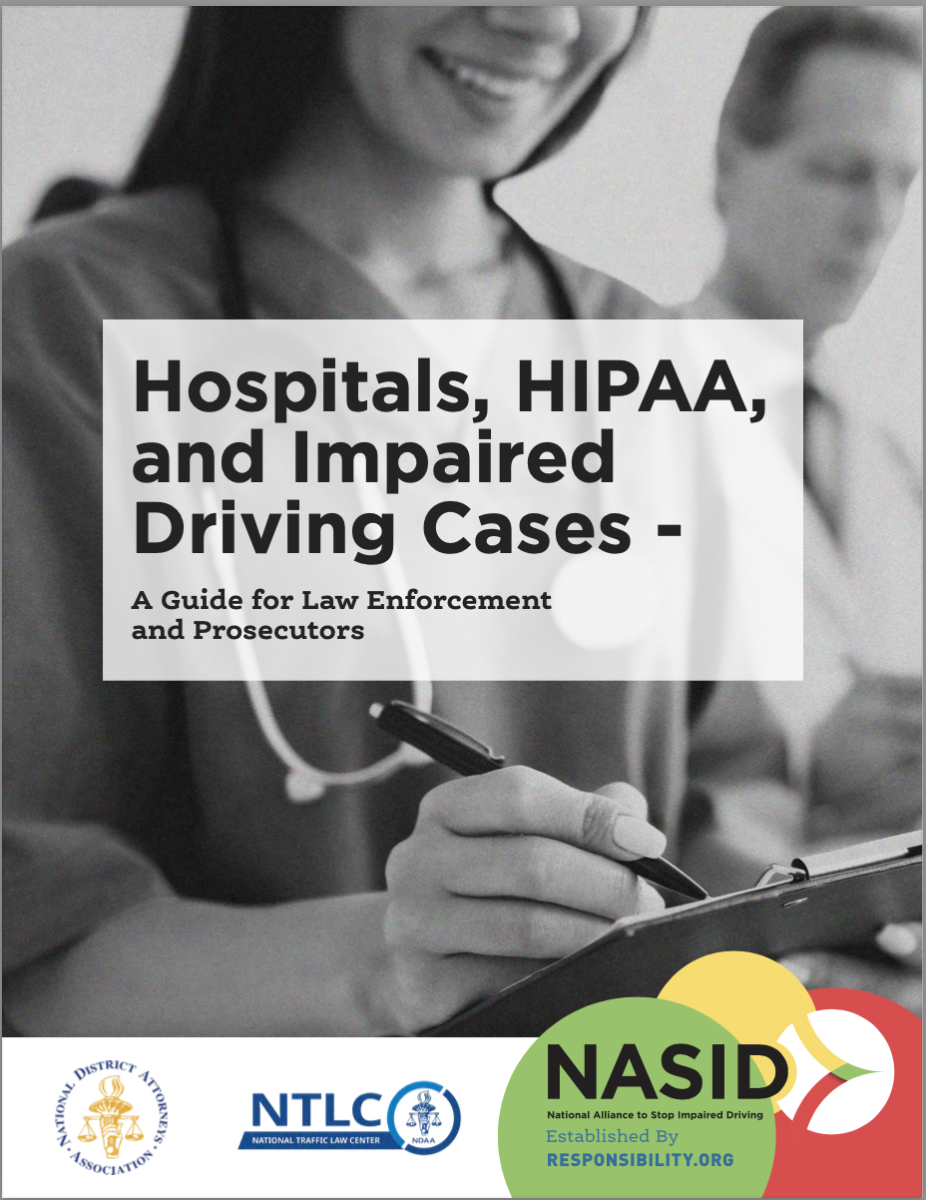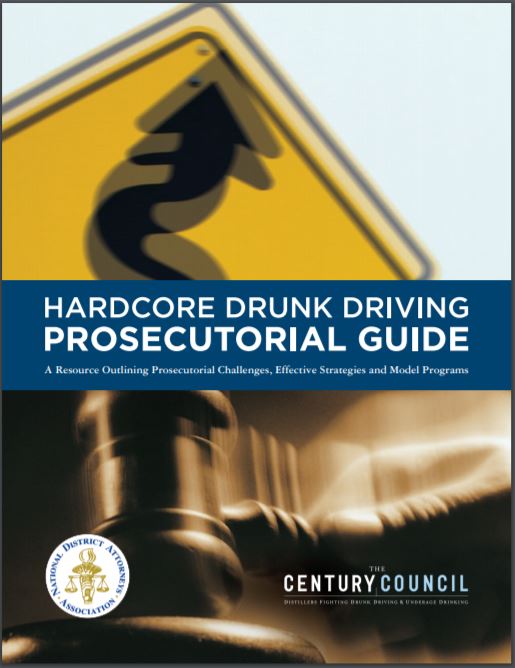On Demand Recorded Webinars
National Traffic Law Center
Explore NTLC's library of recorded webinars, available on demand to fit busy schedules. Each session features expert-led insights on key topics, giving flexibility to learn at an independent pace, anytime, anywhere.
 Commercial Driver License holders have the privilege of operating 80,000 pound vehicles, and with that privilege comes greater training, licensing expectations and responsibility. This webinar focuses on the consequences of a conviction, specifically a felony conviction, on a CDL holder’s driving record and how a complete driving record fulfills the “One Driver-One License-One Record” concept. It’s important to realize that if the defendant is charged with a felony and holds a CDL, there may be important consequences to his or her CDL, including disqualification of the license. The training also explains the role of law enforcement, prosecutors, judges, clerks and State Driver License Agencies in adjudicating a felony case with a CDL holder as a defendant, and the importance of ensuring the defendant’s CDL status and other pertinent vehicle information are documented at every stage of the case. All traffic safety professionals, from roadside to record, need to work together to ensure that all convictions, including felony convictions, are recorded on the defendant’s driving record, ensuring that this record is complete and accurate, and thus adhering to federal and state law.
Commercial Driver License holders have the privilege of operating 80,000 pound vehicles, and with that privilege comes greater training, licensing expectations and responsibility. This webinar focuses on the consequences of a conviction, specifically a felony conviction, on a CDL holder’s driving record and how a complete driving record fulfills the “One Driver-One License-One Record” concept. It’s important to realize that if the defendant is charged with a felony and holds a CDL, there may be important consequences to his or her CDL, including disqualification of the license. The training also explains the role of law enforcement, prosecutors, judges, clerks and State Driver License Agencies in adjudicating a felony case with a CDL holder as a defendant, and the importance of ensuring the defendant’s CDL status and other pertinent vehicle information are documented at every stage of the case. All traffic safety professionals, from roadside to record, need to work together to ensure that all convictions, including felony convictions, are recorded on the defendant’s driving record, ensuring that this record is complete and accurate, and thus adhering to federal and state law. Commercial Driver License holders have the privilege of operating 80,000-pound vehicles, and with that privilege comes greater training, licensing expectations and responsibility. Explore the serious implications of DUI offenses for commercial drivers, including the potential licensing consequences and the complex issue of masking charges. Delve into the legal, professional, and ethical aspects surrounding this critical topic, raising awareness, and promoting responsible driving practices in the commercial sector. All traffic safety professionals, from roadside to record, need to work together to ensure that all convictions, especially impaired driving convictions, are not masked and are recorded on the defendant’s driving record, ensuring that this record is complete and accurate, and thus adhering to federal and state law.
Commercial Driver License holders have the privilege of operating 80,000-pound vehicles, and with that privilege comes greater training, licensing expectations and responsibility. Explore the serious implications of DUI offenses for commercial drivers, including the potential licensing consequences and the complex issue of masking charges. Delve into the legal, professional, and ethical aspects surrounding this critical topic, raising awareness, and promoting responsible driving practices in the commercial sector. All traffic safety professionals, from roadside to record, need to work together to ensure that all convictions, especially impaired driving convictions, are not masked and are recorded on the defendant’s driving record, ensuring that this record is complete and accurate, and thus adhering to federal and state law. The subject matter experts of this webinar discuss the general legal principles behind HIPAA and the exceptions it provides for law enforcement and prosecutors conducting investigations into impaired driving cases. They also provide helpful suggestions to develop cooperative relationships with hospital personnel to positively impact investigations while minimizing the need for them to testify in court.
The subject matter experts of this webinar discuss the general legal principles behind HIPAA and the exceptions it provides for law enforcement and prosecutors conducting investigations into impaired driving cases. They also provide helpful suggestions to develop cooperative relationships with hospital personnel to positively impact investigations while minimizing the need for them to testify in court. - Erin Inman, Director, National Traffic Law Center
- Melissa Shear, Senior Attorney Advisor and Traffic Safety Resource Prosecutor for the D.C. Highway Safety Office
- Jayme Derbyshire, Montgomery County (MD) Police Officer
- Olga Kochar, Divisional Director, Laboratory and Transfusion Services, The George Washington University Hospital
This webinar was co-sponsored by The National Alliance to Stop Impaired Driving (NASID) and the National District Attorneys Association (NDAA).
For more information on this recorded webinar, please click here.
Reminder: Additional Resource Available
Don’t forget to check out the guide Hospitals, HIPAA, and Impaired Driving Cases. It’s a helpful companion resource that:
- Clarifies how HIPAA applies in criminal investigations
- Outlines when and how protected health information can be shared
- Offers practical strategies like phlebotomy programs and MOUs to streamline evidence collection
- Emphasizes building strong partnerships with hospital staff
It’s a useful tool to reinforce key concepts from the session and support professionals working in the field.
 The Confrontation Clause impacts how and under what circumstances the testimony of witnesses for the state is admissible in criminal cases. A series of decisions from the U.S. Supreme Court, culminating in the Court’s recent case, Smith v. Arizona, provide guidance about how those witnesses, especially forensic scientists, provide testimony. This webinar will provide a basic yet thorough analysis of the Confrontation Clause and recent Supreme Court decisions, with a focus on Smith v. Arizona, and how the decision impacts the practices and procedures of those working with the criminal justice system. The multi-disciplinary panel will discuss suggested practices that comply with the requirements of the Confrontation Clause and evaluate alternative means of proving an element of an offense in the absence of forensic evidence.
The Confrontation Clause impacts how and under what circumstances the testimony of witnesses for the state is admissible in criminal cases. A series of decisions from the U.S. Supreme Court, culminating in the Court’s recent case, Smith v. Arizona, provide guidance about how those witnesses, especially forensic scientists, provide testimony. This webinar will provide a basic yet thorough analysis of the Confrontation Clause and recent Supreme Court decisions, with a focus on Smith v. Arizona, and how the decision impacts the practices and procedures of those working with the criminal justice system. The multi-disciplinary panel will discuss suggested practices that comply with the requirements of the Confrontation Clause and evaluate alternative means of proving an element of an offense in the absence of forensic evidence.Panelists include:
- The Honorable Mary Kate Huffman, Ohio Second Appellate District Judge and American Bar Association National Judicial Fellow
- Sabra Jones, PhD, National Highway Traffic Safety Administration Regional Toxicology Liaison, NHTSA Region 3
- Deena Ryerson, Senior Assistant Attorney General of the Oregon Department of Justice and Oregon Traffic Safety Resource Prosecutor
For additional information about this webinar, please click here.
 Hardcore drunk drivers, those who drive at high blood alcohol concentrations (0.15% or higher) or do so repeatedly as demonstrated by having more than one drunk driving arrest, are highly resistant to changing their behavior despite previous sanctions, treatment or education. They account for a disproportionate share of alcohol-related traffic fatalities each year.
Hardcore drunk drivers, those who drive at high blood alcohol concentrations (0.15% or higher) or do so repeatedly as demonstrated by having more than one drunk driving arrest, are highly resistant to changing their behavior despite previous sanctions, treatment or education. They account for a disproportionate share of alcohol-related traffic fatalities each year.
Impaired driving cases are some of the most technically challenging and complex cases a prosecutor may face. These challenges only become more difficult when dealing with a hardcore drunk driver. These video presentations explore the issues facing prosecutors and others within the criminal justice system when dealing with these offenders. To view, click on the hyperlinked titles.
Part One: Overview of the Hardcore Drunk Driver
Understanding the common traits of hardcore offenders is essential for prosecutors to effectively address these cases. This segment explores those traits, examines the challenges prosecutors face within the judicial system, and dispels common myths surrounding these offenders.
Part Two: Prosecutorial Considerations
Prosecutors must play an active role in addressing hardcore offenders, as effective prosecution requires collaboration and context. This segment explores the ethical considerations prosecutors face, the importance of preserving the integrity of charges, and contrasts traditional methods with a more effective, comprehensive, and multidisciplinary approach to prosecuting hardcore drunk drivers.
Part Three: Effective Sanctions
Consistent, coordinated, and certain sanctions are critical to reducing hardcore drunk driving. This segment examines the effectiveness of pre-conviction conditions, post-conviction penalties, and appropriate treatment interventions—all aimed at lowering recidivism and ultimately saving lives.
The companion Hardcore Drunk Driving Prosecutorial Guide provides prosecutors with strategies to identify, prosecute, and reduce recidivism among high-risk offenders—those with high blood alcohol levels, repeat offenses, and resistance to change. It emphasizes a multidisciplinary approach involving courts, law enforcement, probation, treatment providers, and public engagement, and outlines effective sanctions such as ignition interlocks, staggered sentencing, and intensive supervision. The guide advocates for individualized case management and comprehensive sentencing to promote behavioral change and enhance public safety.

